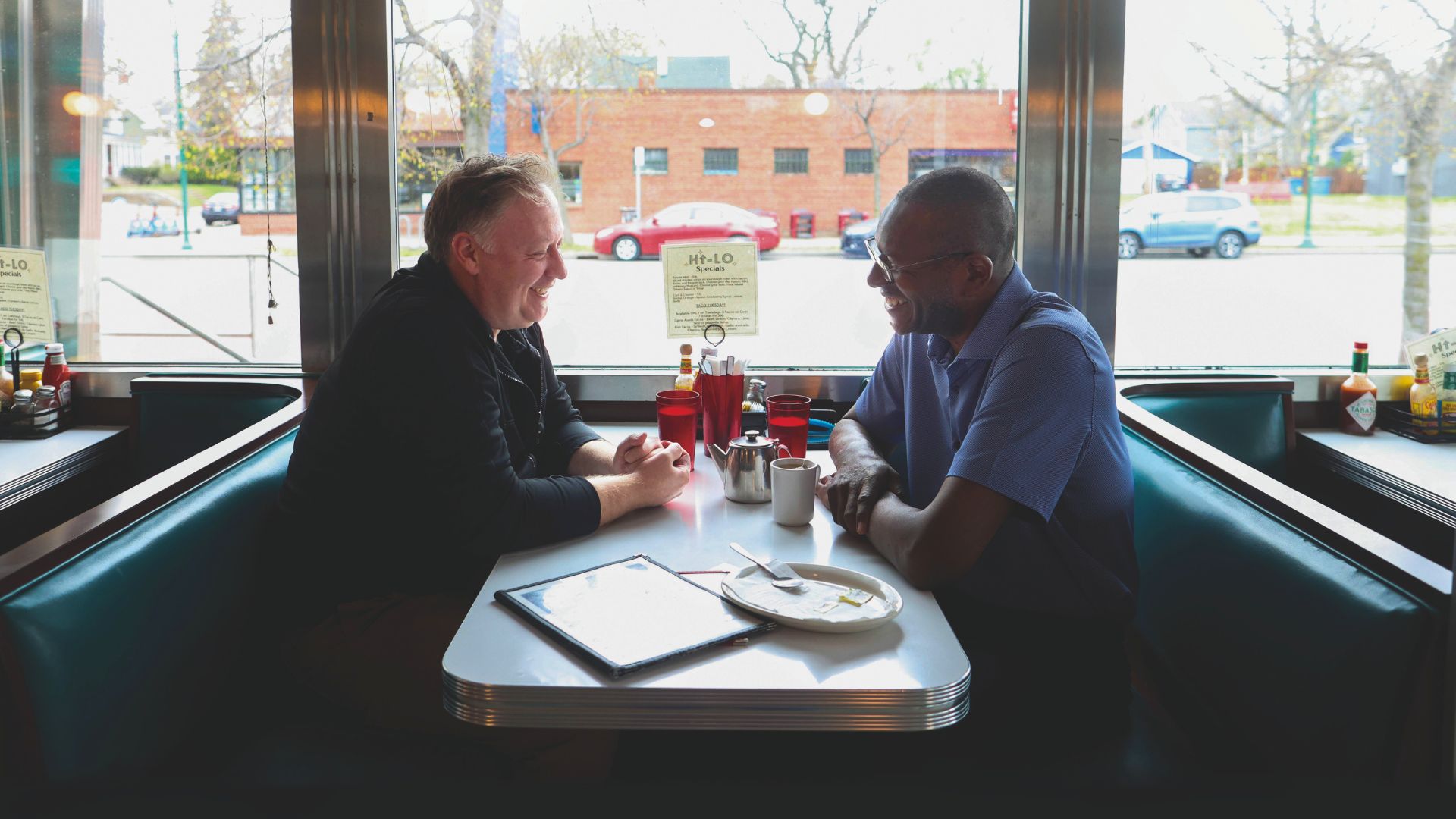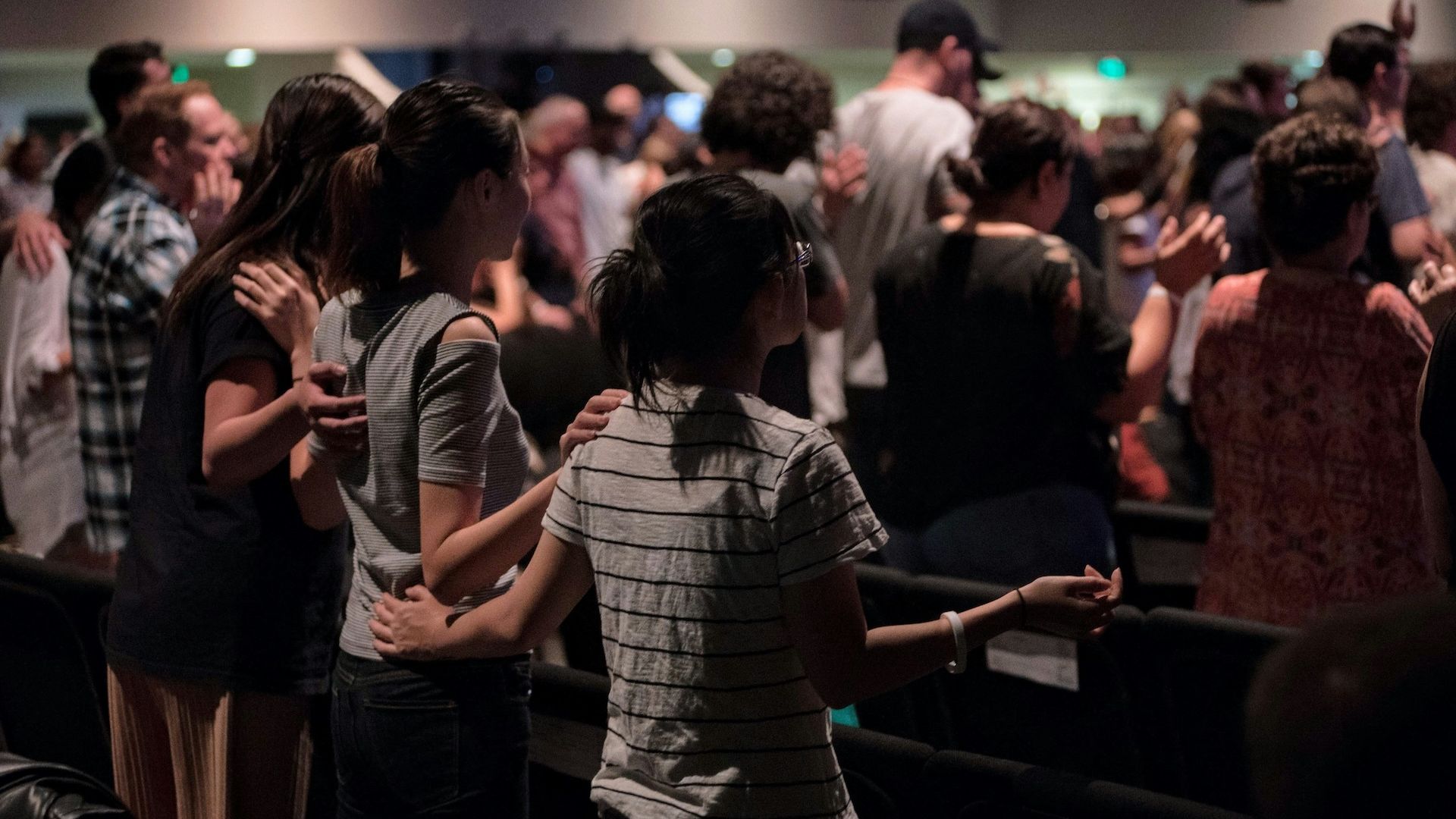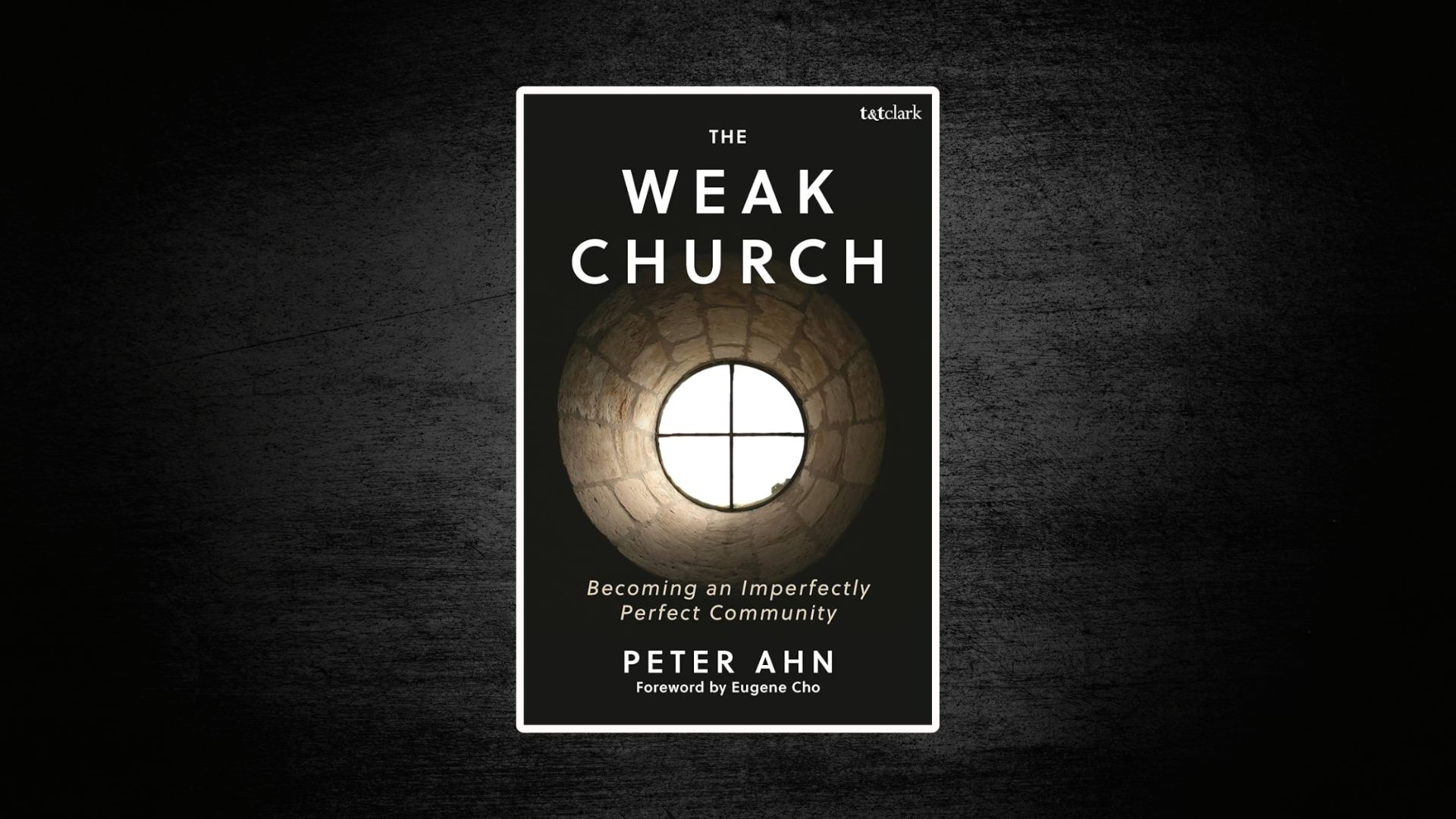By Stan Friedman
NEW YORK, NY (January 6, 2011) – Despite being one of six people arrested Wednesday during a “prayer protest” over the city’s decision to evict all churches holding worship services in public schools, Evangelical Covenant Church pastor Michael Carrion says he will continue to pressure the city to reverse the policy.
Carrion is pastor of The Promised Land Covenant Church in the Bronx. It meets in a storefront and is not affected by the decision. Also participating in the protest was Efrain Alicea, pastor of Elements Covenant Church, a Covenant church plant.
Carrion, along with four other pastors and a city councilperson, were arrested while protesting outside the New York City Law Department and charged with “criminal trespassing,” which is considered a “minor violation.”
The city sent eviction notices to churches using public school facilities immediately following December’s U.S. Supreme Court decision not to review a lower court’s ruling last August that upheld the city’s policy.
East Coast Conference superintendent Howard Burgoyne, who was not at the protest site, characterized the notices as a “no room in the inn” edict.
The city argues that allowing the churches to meet in the schools is a violation of the principle of separation of church and state. In a 2-1 decision, the 2nd Circuit Court of Appeals said, “A worship service is an act of organized religion that consecrates the place in which it is performed, making it a church.”
To read a previous story on how the ruling might affect Covenant churches, click here.
The protestors fear that the city will use the same separation of church and state rationale to evict churches from all public buildings. The New York City Housing Authority already has said it is reconsidering allowing churches to meet in buildings it oversees.
Carrion and the others were part of a group of roughly 30 people protesting the action. The seven were arrested while praying and singing gospel songs in front of the law center’s main entrance.
They had been warned multiple times to move. Carrion acknowledges that the protest prevented individuals from using the main entrance, but says other entrances were available.
The seven were handcuffed and placed in a police van. The group sang gospel songs while being transported, processed, and held briefly in a city jail cell, Carrion says. “I think they were glad to get rid of us,” he added, laughing.
“This was the first protest and we were the first to get arrested,” Carrion says. Another protest is planned for next Thursday.
The Bronx Household of Faith, which was threatened with eviction, brought the original suit against the New York City Department of Education. According to the New York Times, 160 churches met in schools last year.
Reversing the city’s decision is critical for the churches, their communities, and even the rest of the country, says Carrion.
“Come February 12, all these churches will be gone,” says Carrion. Roughly 17,000 people attend the 160 churches the pastor says will be affected.
The churches cannot afford to purchase their own buildings or rent because of high real estate prices in New York City, says Carrion. He adds that many of the churches serve in the poorest sections of the city.
The congregations are making a significant difference in their communities, says Carrion, whose church in the Bronx is located in the country’s poorest congressional district. Ministries of the churches being evicted include literacy, anti-violence, and other educational programs, he adds.
“Closing these churches would be a travesty for the community,” Carrion says.
The city’s actions pose a larger threat as well, says Carrion. “If they can pull this off in New York, then they can pull this off around the country.”
Roughly 50 percent of the nearly 110 current Evangelical Covenant Church plants meet in public schools, says Peter Sung, director of church planting in the Department of Church Growth and Evangelism of the Evangelical Covenant Church.
Some church plants are finding it more difficult to rent space because an increasing number of school boards are no longer allowing churches to meet in district facilities, often citing their interpretation of the First Amendment’s establishment clause.
“As it stands, this policy becomes acutely discriminatory against religious use rather than appropriately unbiased,” Burgoyne says. “They are not being given preferential treatment. In my mind, renting is neither establishment nor endorsement, but simply maximizing public space use while increasing city revenues and lowering city expenses.”












